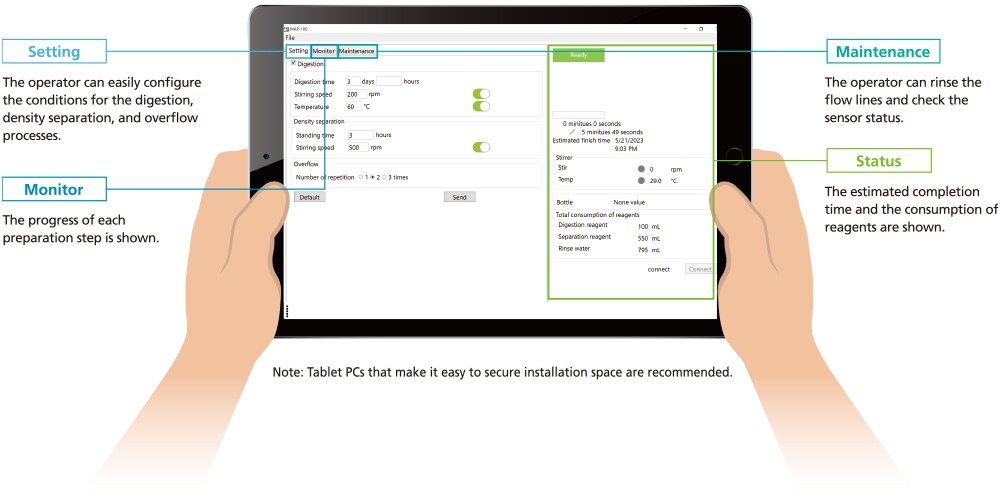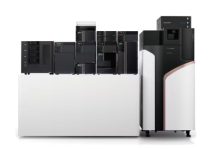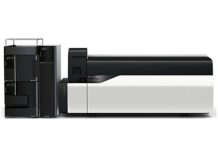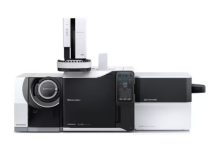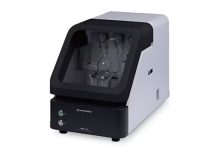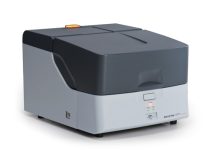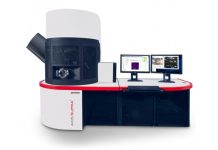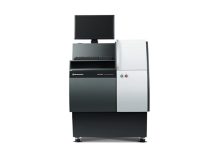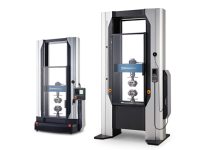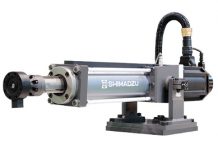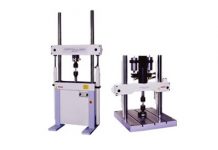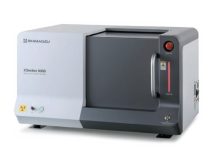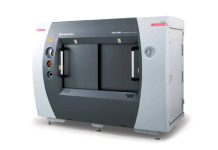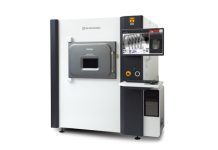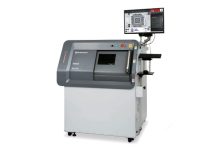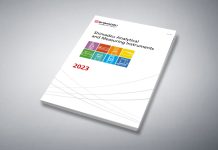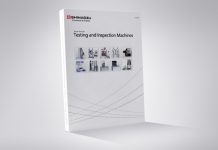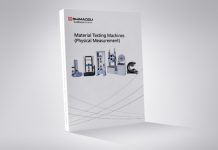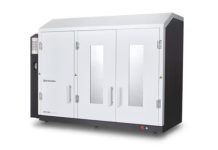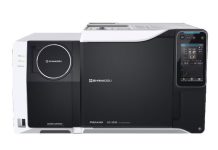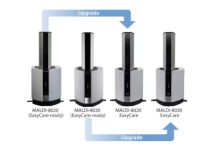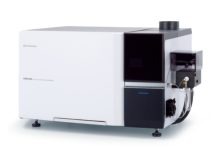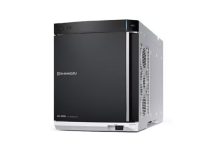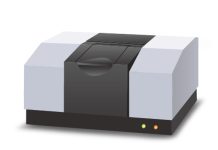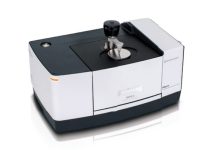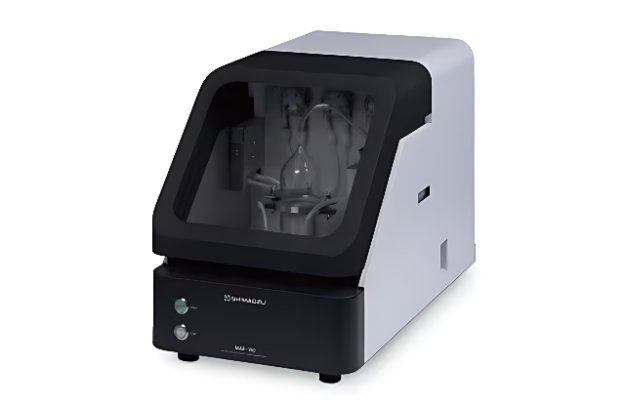
This automatic preparation device isolates microplastics contained in environmental surface water.
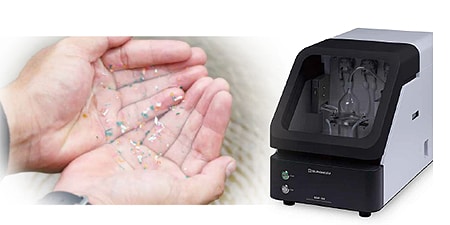
The presence of microplastics in environmental surface water such as oceans, rivers, and lakes has attracted international attention as an environmental problem, and many monitoring results have been reported.
The analysis of microplastics requires multiple steps, including sample collection, digestion and filtration, and qualitative and quantitative (size, number of particles, mass or concentration) analysis.
To accurately analyze microplastics in aqueous samples, an essential step is to isolate the particles from other components in the sample. This process normally involves digestion and separation steps.
The MAP-100 automates the typical steps needed to isolate microplastics. This improves the reproducibility of the analytical workflow, enables lab technicians to focus on other tasks, and makes handling of reagents safer.
Labor savings
Automating the complicated preparation process significantly reduces the number of man-hours required.
Reproducibility
Manual tasks by the operator are reduced, enabling highly reproducible preparation.
This improves accuracy when comparing data across analysts and laboratories.
Safety
Simplified handling of reagents by operators.
Operation of the Automatic Preparation Device
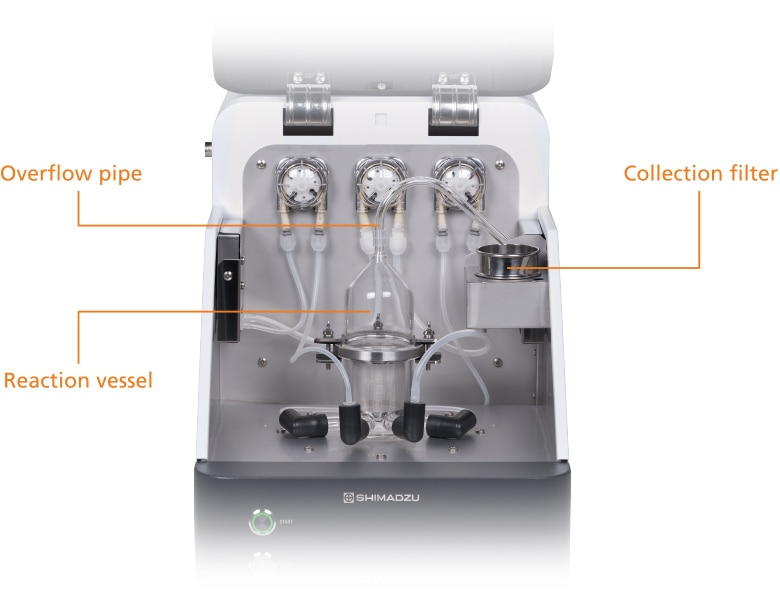
The sample collected from the environmental surface water is placed inside the reaction vessel in the automatic preparation device. The control software is used to configure the conditions for each preparation step via digestion, separation, and overflow. When the preparation process is started, the microplastics are automatically collected through the processes of (1) Digestion, (2) Separation and (3) Filtration as shown below.
Automated preparation steps
[1] Digestion process Digestion of organic compounds via an hydrogen peroxide solution.
[2] Separation process Density separation via an sodium iodide solution.
[3] Filtration process The supernatant fluid discharged by the overflow is filtered out by the collection filter.
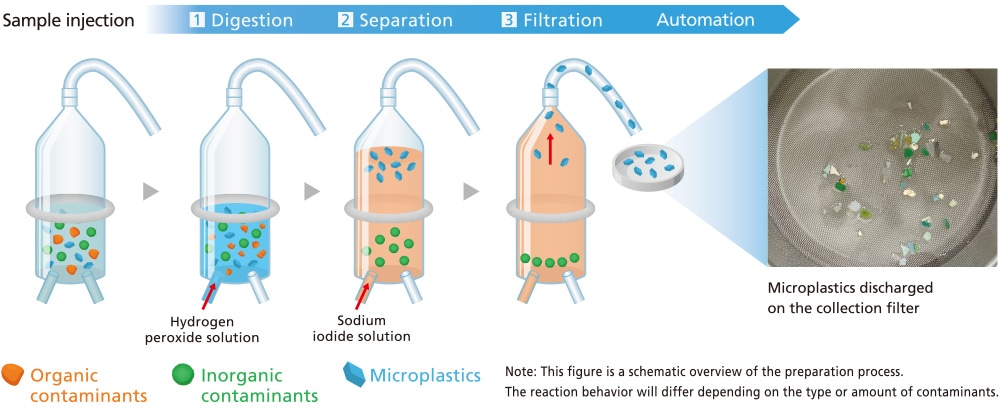
Simple Control Software
The operator configures the conditions for the automated preparation process in the simple software window.
The progress during preparation is displayed in a monitoring window, and the estimated completion time can be checked in the status area. This user-friendly control software simplifies the preparation process.
